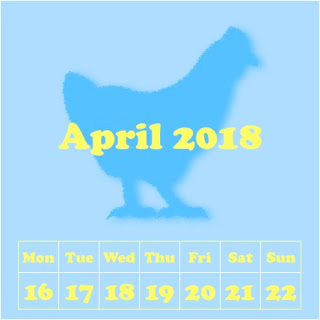Jonathan Freilich's Engaging Interviews of New Orleans Musicians
 | |
| Jonathan Freilich. Photo by Zach Smith. |
I listened to Jeff's interview, which was cool, though he didn't mention me even once, and then went about my life for a few weeks. For some reason, I wanted to know something or other, and went back to the site: www.jonathanfreilich.com/music-interviews.
When I was in Nola in April 2010 recording a shotgun demo (like a shotgun wedding, not like shotgun music, which isn't a thing as far as I know), I visited Open Ears for the first time. I heard a group led by reed player Rex Gregory performing what were essentially his chamber music compositions, but with mics and improvisation and jazz harmonies and an accordion, among other things. While there, I briefly met saxophonist Aurora Nealand, who could speak Jeff's electro-acoustic (*see what I mean?) language and catch most of the names he drops. She and I talked about Stevie Wonder. I also met Helen Gillet, an improvising cellist who played with Gregory's group that night.
So I'm back on Freilich's site, and notice that he's interviewed Gregory and Nealand and Gillet, and that his interviews are up on iTunes. I subscribe and begin a brief carnival ride into obsession.
It was one of the very few times in my life that I was able to almost completely escape into something abstract. I've identified a few things, personally significant things, that would make these interviews so important to me in particular, so they may not have the same impact on anyone else. But I think that the honesty and the intrigue of the people involved and the intimacy of the interviews themselves in that distinct American subculture's subculture that is the New Orleans music scene added to the depth to which he reaches for something that Freilich himself seems to need to know are going to be compelling to any listener.
These aren't your
And maybe, with Freilich's help, she is getting through. The New Orleans music scene is different to me, now. For one thing it wasn't like I thought it was when I was there. But more than that, I see it like the land around an unleveed river that over time gets flooded and stripped, revived and nourished, engorged and washed away. It changes. And I guess even more basic than that, for me, I am just now seeing it as a thing that can, in fact, change--an alive thing that has to.
Technical note: Some of the interviews' audio quality makes them difficult to hear. It's mainly a compression issue. I have worked on a few and can send you files if you want. Let me know.



Re-reading this, and not sure why I referred to real interviews of real people as abstract.
ReplyDelete